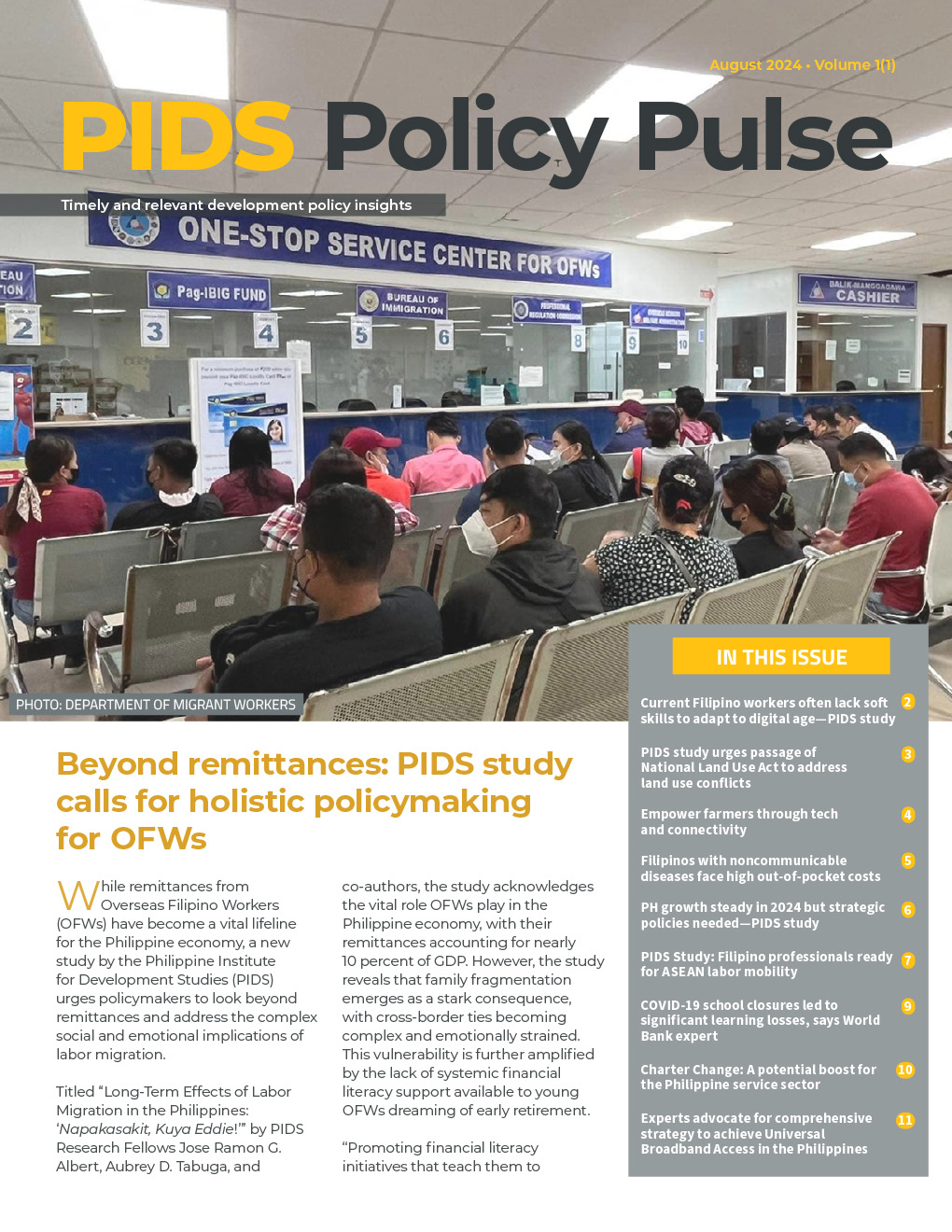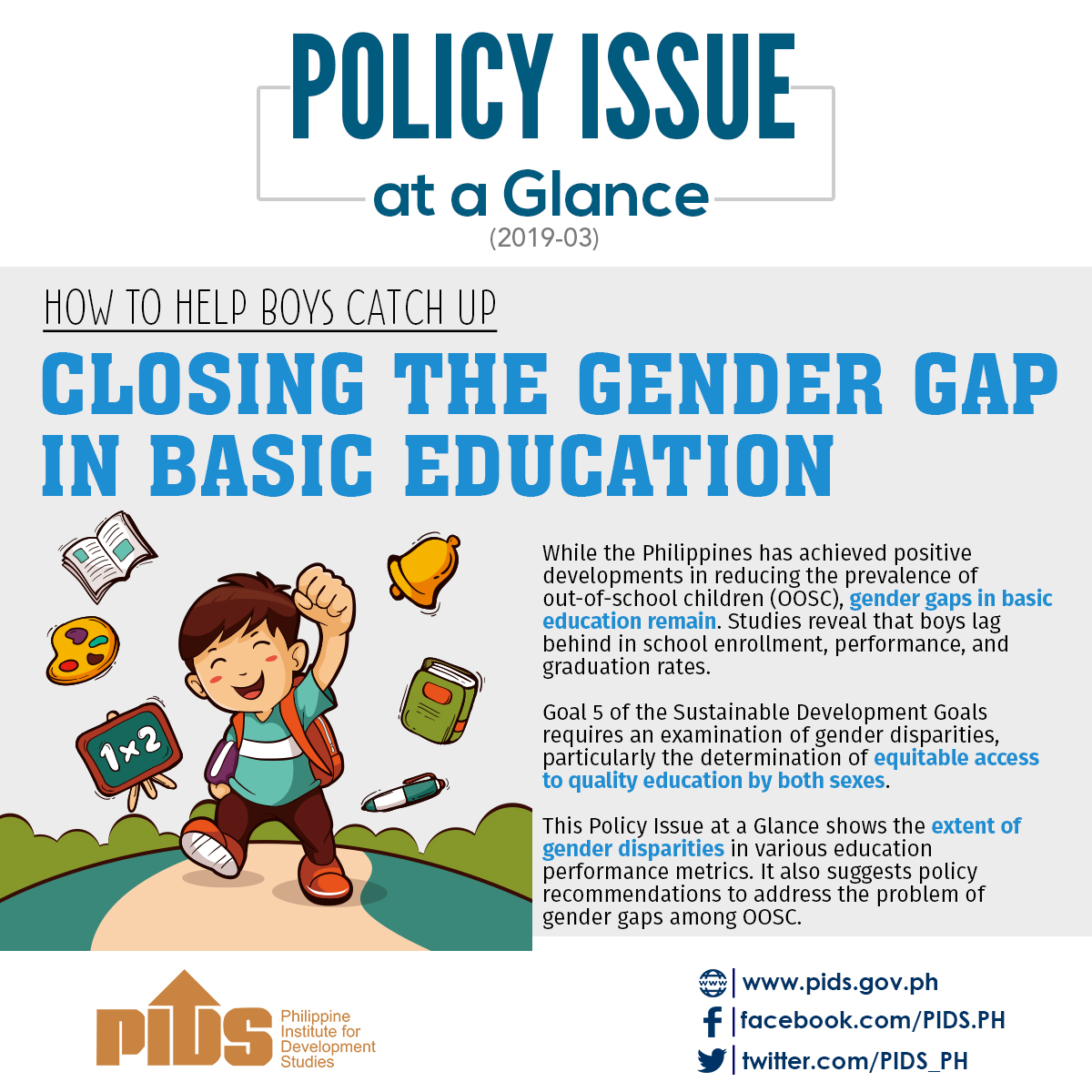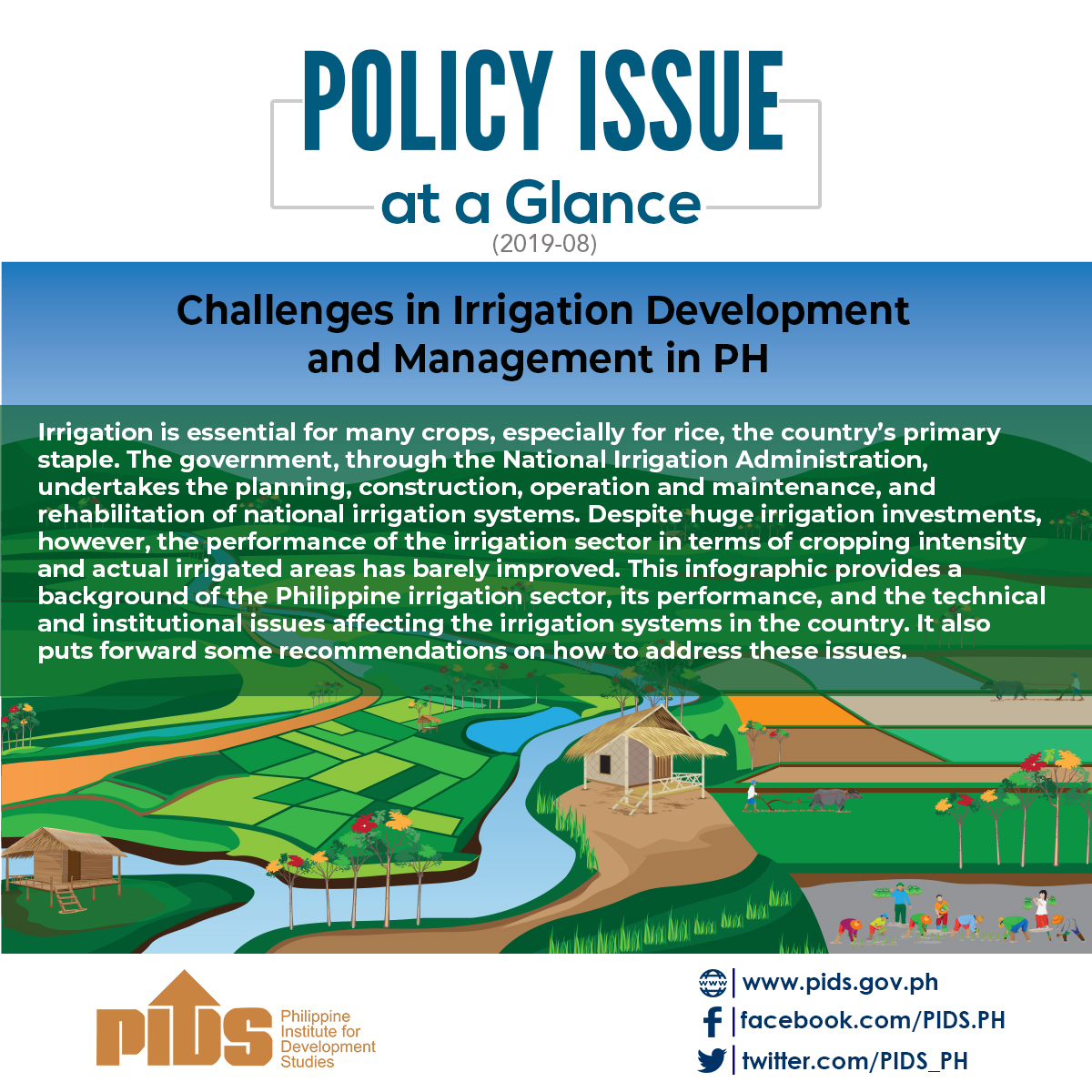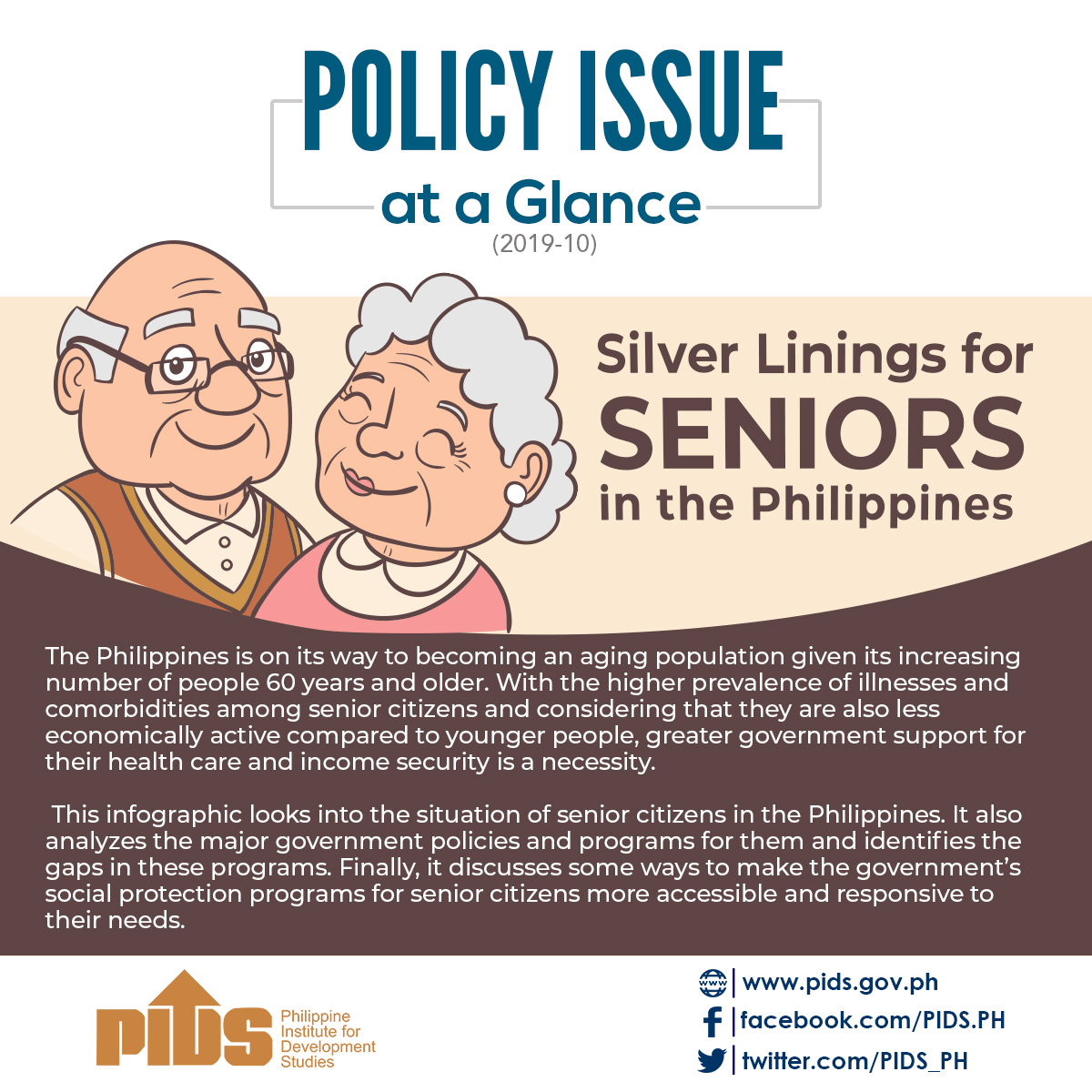Free tuition in State Universities and Colleges (SUCs) can do more harm than good and can be considered anti-poor, a study released by the Philippine Institute for Development Studies (PIDS) said.
According to the policy note titled, Who benefits and loses from an untargeted tuition subsidy for students in SUCs, free tuition involves only partial financing, and the tuition is just a fraction of the total cost of higher education.
PIDS said that those who will likely benefit from it are students from richer households as they have the resources to finance the rest.
“Free tuition fee in SUCs can also tilt the enrollment in favor of them because of the cheaper cost of education,” the study said.
The report likewise said that the budget that will be allocated to implement this policy will also likely crowd out investments for infrastructure, agriculture, K-12, and other high-priority pro-poor development programs.
“Providing tuition subsidy for everyone enrolled in SUCs has to be studied carefully. Because the subsidy will be paid for general taxes, all taxpayers—whether or not they have family members who avail of tertiary education or plan to do so—will be obliged to pay for those who enroll in SUCs,” the study said.
“This will also discourage efficiency because those who are not considering tertiary education under a “with tuition fee scenario” will now find tertiary education attractive and will likely consume this good more than what they would do if they were required to pay,” it said.
In addition, the policy note said that those who are willing and capable to pay for tertiary education will now divert the resources intended for tertiary education to some other expenditures.
“This constitutes an unnecessary loss of private investments at a time when the country needs resources to fund strategic expansion in tertiary education. Moreover, what if the government fails to sustain financing the increase in demand due to an artificially inexpensive tertiary education or a free one?” the report said.
“A subsidized college education may also exacerbate income inequalities. If it is not targeted to the poor, who usually have lower qualifications, they will lose out to students with better backgrounds who are usually from richer households,” it added.
The report said that fully funding the Unified Student Financial Assistance System for Tertiary Education or UniFAST Law is a better alternative to implement the constitutional mandate of democratizing access.
UniFAST was designed to unify all modalities of publicly funded Student Financial Assistance Programs (StuFAPs)—scholarships, grants-in-aid, and student loans—for tertiary education. It rationalizes the allocation, utilization, and client targeting of government resources, and improves access to quality higher and technical education for those who need it.
“Thus, it provides ample avenues for fulfilling the mandate of democratizing access to tertiary education. If the government wants to expand the access of poor but capable students to higher education, it only needs to allocate more funds to the grants-in aid component of UniFAST,” the report said.
“If it wants to finance more bright students, it only needs to put more resources on the scholarship component. If it wants to expand access for those who are neither poor nor bright but are college ready, it only needs to expand the allocation for student loans,”it added.
> The policy note pointed out that one of the main features of this law is full financing covering tuition, living allowance, and other instructional expenses of higher education.
According to the policy note titled, Who benefits and loses from an untargeted tuition subsidy for students in SUCs, free tuition involves only partial financing, and the tuition is just a fraction of the total cost of higher education.
PIDS said that those who will likely benefit from it are students from richer households as they have the resources to finance the rest.
“Free tuition fee in SUCs can also tilt the enrollment in favor of them because of the cheaper cost of education,” the study said.
The report likewise said that the budget that will be allocated to implement this policy will also likely crowd out investments for infrastructure, agriculture, K-12, and other high-priority pro-poor development programs.
“Providing tuition subsidy for everyone enrolled in SUCs has to be studied carefully. Because the subsidy will be paid for general taxes, all taxpayers—whether or not they have family members who avail of tertiary education or plan to do so—will be obliged to pay for those who enroll in SUCs,” the study said.
“This will also discourage efficiency because those who are not considering tertiary education under a “with tuition fee scenario” will now find tertiary education attractive and will likely consume this good more than what they would do if they were required to pay,” it said.
In addition, the policy note said that those who are willing and capable to pay for tertiary education will now divert the resources intended for tertiary education to some other expenditures.
“This constitutes an unnecessary loss of private investments at a time when the country needs resources to fund strategic expansion in tertiary education. Moreover, what if the government fails to sustain financing the increase in demand due to an artificially inexpensive tertiary education or a free one?” the report said.
“A subsidized college education may also exacerbate income inequalities. If it is not targeted to the poor, who usually have lower qualifications, they will lose out to students with better backgrounds who are usually from richer households,” it added.
The report said that fully funding the Unified Student Financial Assistance System for Tertiary Education or UniFAST Law is a better alternative to implement the constitutional mandate of democratizing access.
UniFAST was designed to unify all modalities of publicly funded Student Financial Assistance Programs (StuFAPs)—scholarships, grants-in-aid, and student loans—for tertiary education. It rationalizes the allocation, utilization, and client targeting of government resources, and improves access to quality higher and technical education for those who need it.
“Thus, it provides ample avenues for fulfilling the mandate of democratizing access to tertiary education. If the government wants to expand the access of poor but capable students to higher education, it only needs to allocate more funds to the grants-in aid component of UniFAST,” the report said.
“If it wants to finance more bright students, it only needs to put more resources on the scholarship component. If it wants to expand access for those who are neither poor nor bright but are college ready, it only needs to expand the allocation for student loans,”it added.
> The policy note pointed out that one of the main features of this law is full financing covering tuition, living allowance, and other instructional expenses of higher education.












